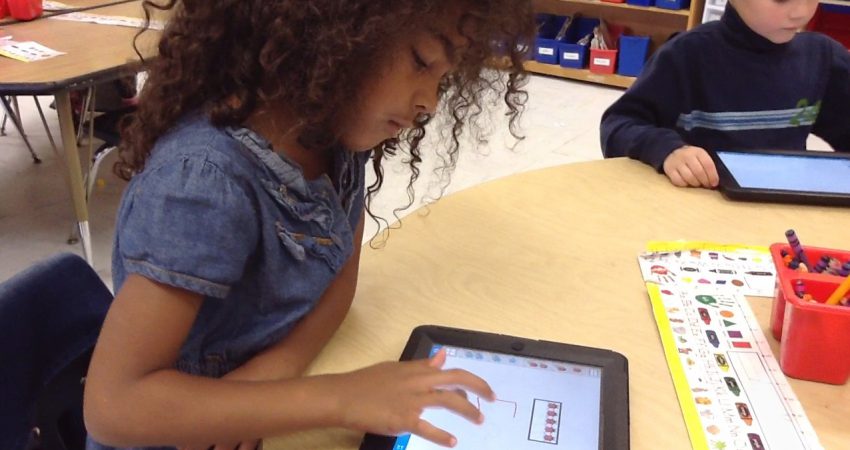
By Bronwyn Bevan - March 2011
PAPER CITATION
Reber, R., Hetland, H., Chen, W., Norman, E., & Kobbeltvedt, T. (2009). Effects of example choice on interest, control, and learning. Journal of the Learning Sciences, 18(4), 509–548.
In this study, researchers investigated links between choice, interest, and learning. They found that providing students with choices about how to initially engage with a given topic (in this case, the phenomenon of "confirmation bias") had a positive effect on their interest in learning more about the topic. Here, "choice" was related to the ability to select (or not select) problem examples where confirmation bias may have been operating, such as why people believe in astrology or why a teacher thinks that one student is smarter than others despite identical testing scores. Students who could choose what example to start with later spent more time reading a presentation about the topic. The researchers did not find that choice linked to higher levels of performance on recall or transfer tasks. Informal educators may be interested in this study because it provides concrete examples for how educators can design lessons that can potentially tap into the varied interests and experiences of a diverse population by providing learners the opportunity to choose from multiple entry points into a given subject matter.
The study used a computer-based platform with freshman college students to test differentials in outcomes for the following three treatments: Starting a lesson with (1) a single real-world example of potential confirmation bias to read and respond to, (2) a choice of 14 different example problems to respond to, or (3) no examples. The question the authors sought to address was whether or not providing students with a choice of example problems would allow them to tap into their prior knowledge and prior interests, and whether this would lead to increased interest and understanding of the concept being taught. The results were that choice was associated with greater interest but not to conceptual recall or transfer.
The article will also be of interest to informal educators, as it explores some of the literature on interest, motivation, and learning (e.g., Hidi & Renninger, Harackiewicz, Ryan & Deci, and many others dating from the 1960s to today, as well as references to Dewey). This includes the relationships among interest, engagement, and perseverance, and the relationships among exercising autonomy, feelings of competence, and motivation. The authors raise the question of whether greater interest and engagement could, over the long term, lead to greater learning measured by recall or transfer tasks. Such a link is suggested by ecological views on learning[BB3], although these views are not cited by the researchers.
An important contribution of informal settings may be to create opportunities for children to deepen their interest, thus setting the stage for long-term engagement, perseverance, and learning. The study provides a basis for exploring this relationship further.




